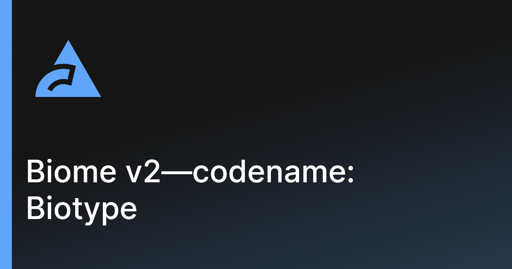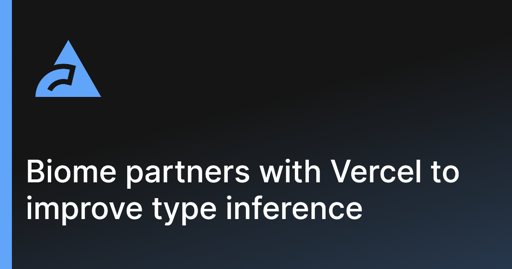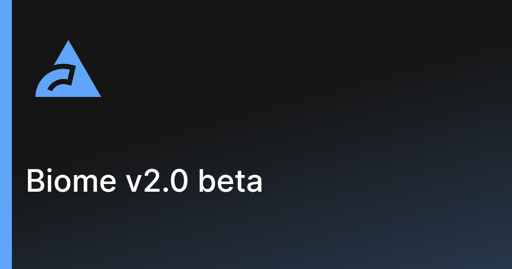that’s a reason to have Beverly suggest it. Not a reason to have it actually happen.
Sorry, but that’s just silly. If it were brought up as a suggestion that didn’t happen, that would be even weirder than it actually happening. As a writer, you don’t go around finding reasons to block your character’s ideas, because that’s a horribly anti-climactic thing to do, teasing your readers for no purpose, but worst of all, you don’t get to see how the action pans out if it does happen, which is the primary thing that makes fiction interesting to begin with.
And no, not every action needs foreshadowing either. In the grand scheme of things, this whole scene that people fuss about isn’t a major plot point in the book. I read the book twice (though even the second time was a while ago), and I had pretty much forgotten about it, until I saw people complaining it. But it still seems as if you think King has some moral obligation to guard and guide the actions of his characters. He doesn’t, and thankfully he doesn’t, because his books are more interesting for it.
















Okay, I’ll spend one last reply on this, because I don’t appreciate getting a strawman assigned to me. I didn’t say getting “every character’s expressed desires being instantly granted” is the main thing making fiction interesting. I said it’s seeing actions play out that you normally don’t is what it makes it interesting. That’s quite a different thing.
And no, I still don’t think it’s a major plot point. It’s a plot point, yes, but the movies also left it out without real impact to the plot. That’s not a major plot point to me.